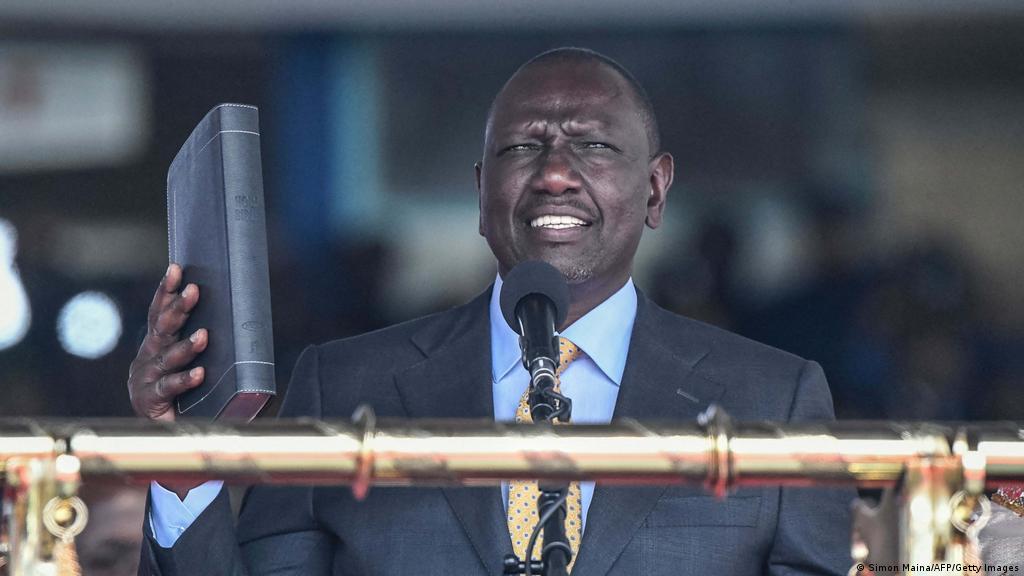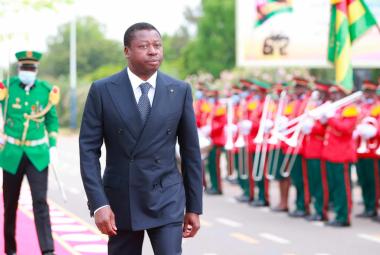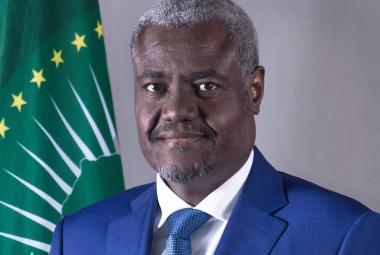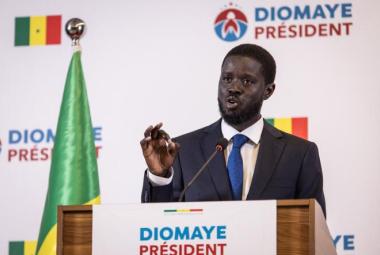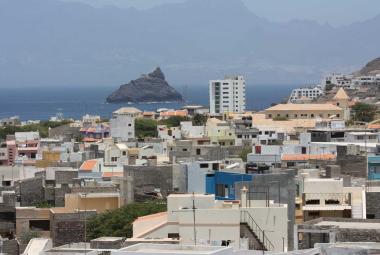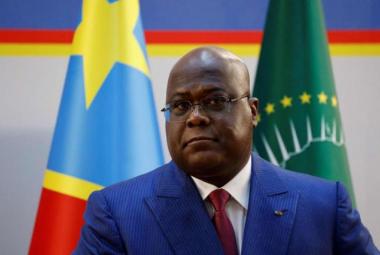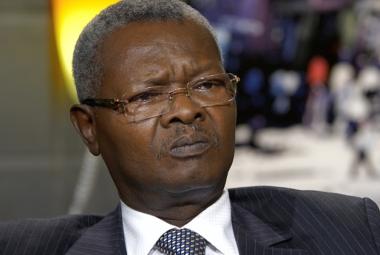In 2020, 2001 and 2022, the organization and especially the proclamation of the results of the presidential elections gave rise to violent protests. In some French-speaking West African countries, they constitute a stumbling block for part of the political class (the opposition) and civil society organizations. The fashion for constitutional revision has aggravated the situation.
The societies of these countries are not the only ones to face such a political and social problem. It is also observed in East Africa. In May and August 2022, presidential elections are held in Somalia and Kenya respectively, which have raised political and social protests.
These are two countries with opposite political and social contexts. Kenya is a country considered politically stable since its independence. According to international financial institutions, it has one of the dynamic economies of the Black continent. It has not witnessed a civil war since its independence, even in the conflict which opposed it with independent Somalia, wanting to integrate the North-East inhabited by a Somali population. While Somalia is a country, which sank into civil war after its military defeats with Ethiopia in the 1970s and 1980s. The country has been recovering for some years, even if terrorist violence is persistent.
Both countries have presidential regimes, although the case of Somalia is a hybrid regime. The Kenyan president is elected by direct universal suffrage; the other figure of executive power is the Vice-president, while his Somali counterpart is indirectly elected by the bicameral parliament. He cannot dissolve Parliament, but he can disapprove of the Prime minister and dismiss him from political office. This is a situation that has occurred twice in the recent political history of this country. The electoral process to elect a president and representatives of the people to Parliament is not new in these two countries. They experienced during the colonial era and after independence in 1960 and 1962. It is a process marked by violence.
Electoral process or clan and ethnic choice
The tribalism and clanism of African societies have an impact on the vote. The citizen of Black Africa would vote according to tribe or clan. But there are not as many parties or candidates representing the number of tribes and clans in the country.
In Somalia, after a dictatorship, a civil war and several attempts at national reconciliation, the new political leaders of the former Italian colony, under pressure from what is called the international community, first organized legislative elections and presidential elections abroad for insecurity in the country.
In 2021, a political crisis pitted former President Mohamed Abdullahi against Prime Minister Mohamed Hussein Robleh. The president suspended the latter from his executive powers in September 2021 and from his portfolio as Prime minister in December 2021. He is accused by the president of corruption. For his part, Mohamed Hussein Robleh accuses the president of preparing a coup against the government, the Constitution and the laws of the country. The end of the presidential mandate was marked by a political crisis.
After an agreement between the various regional authorities, the elections take place on May 15, 2022. Eleven candidates presented themselves for these elections: Presidents of regions, former ambassadors, former ministers, former Prime ministers, former Presidents of the federal government. These are elections open to personalities who do not have the support of a party. However, for the first time, a woman was a candidate. She is a former Deputy Prime Minister and Minister of Foreign Affairs (2012-2014), Fowsiyo Yusuf Haji Adan. His candidacy is a manifestation of the beginnings of change in a largely conservative society.
They are candidates with experience in state management, many of whom enjoy the support of political parties and the regional vote.
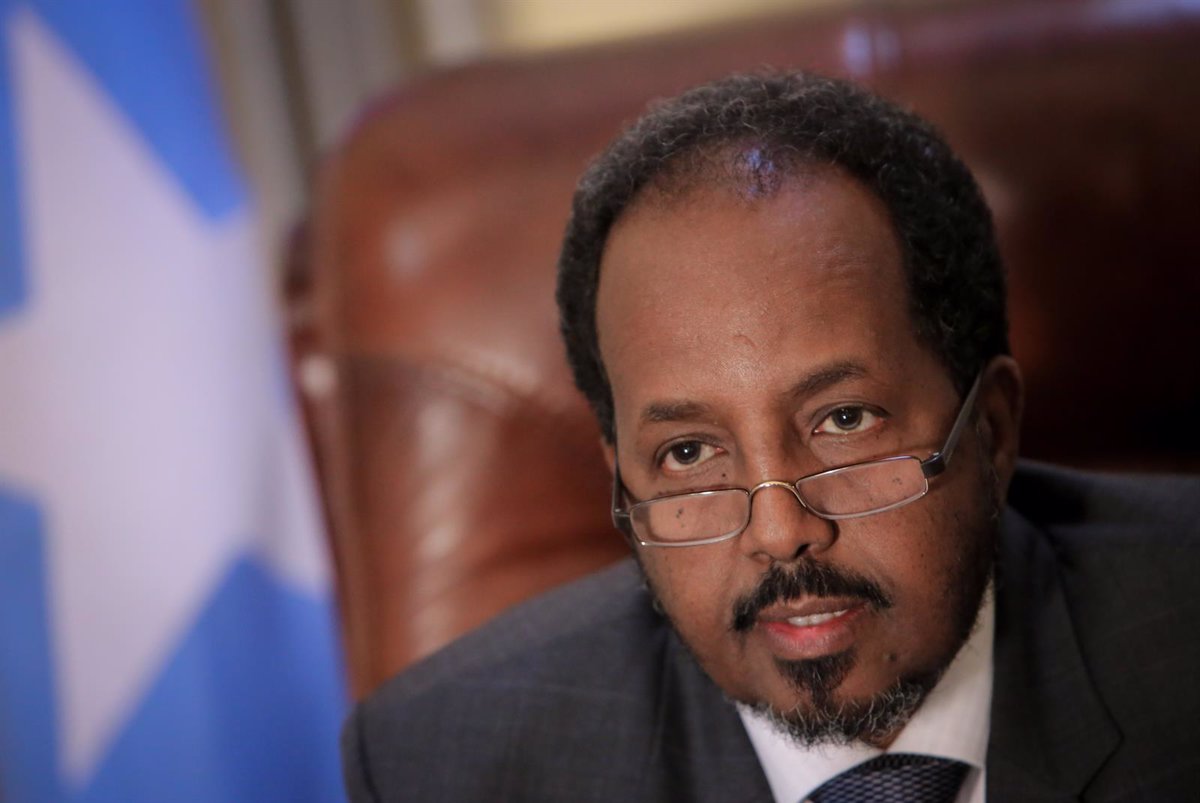
According to the electoral law, the candidate who obtains a qualified majority of two thirds of the total number of members of the electoral college, ie 219 votes in Parliament, is elected President. A third round was therefore organized for the two candidates who obtained the most votes: the outgoing President with 83 votes (25.70%) and the former President, Hassan Sheikh Mohamoud, with 110 votes (34.06%). During this round, the candidate who obtains at least 50% of the votes is proclaimed President. Hassan Sheikh Mohamoud, with 66.06% and 214 votes, beat his rival, who obtained 39.95% and 110 votes.
An electoral process under strong ethnic polarization and violence
Like other African countries, Kenya emerged from a dictatorial regime in 1991 with the establishment of a multiparty system, without the political conviction of some of the leaders of the installation of a liberal regime where the ethnic factor would not have its role in elections, especially presidential ones. However, unlike some in West Africa, there is respect for the constitutional text, Kenyan presidents have not revised the fundamental law of the country to run for a third term.
But it is a country with a tradition of state violence and private violence. It would have a colonial origin, resulting from the colonial policy of divide and rule. There are two large opposing groups: the Kikuyu (20%) and the Luyia (14%). Tribalism is rooted in Kenyan society. In Kenya's recent political history, the proclamation of elections is most often marked by a wave of violence. In 2008, contestation of the results by opposition candidate Raila Odinga led to violent riots in which around 1,500 people died and thousands were displaced for fear of violence. The elections opposed President Mwai Kibaki and Raila Ondiga. Mwai Kibaki succeeded Daniel Arap Moi in 2002.
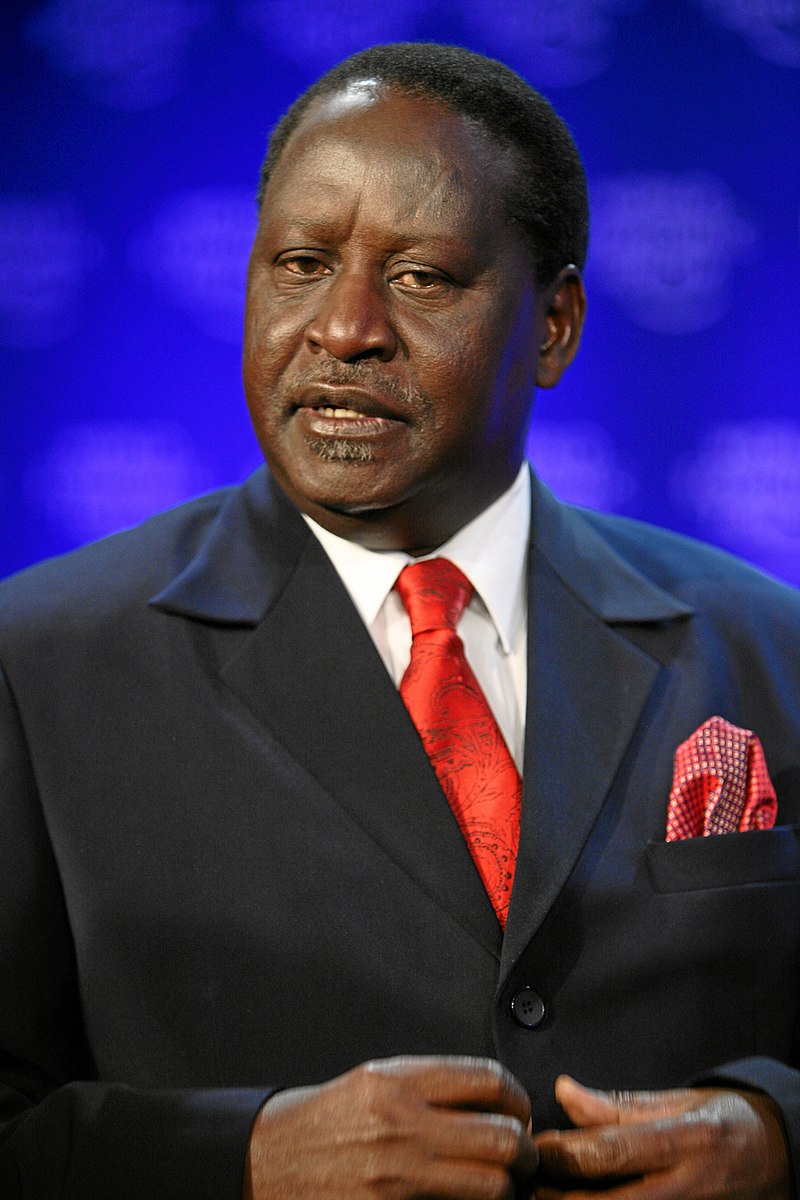
Post-one-party elections are a tough test for both government and candidates in Kenya. From the outside, there is a lot of interest in candidates for the post of President of the Republic. But the presidential elections are coupled with legislative, regional and local elections. As in Angola where the head of the list of the most voted party becomes president of the country. In economic terms, it is an interesting system at least it lightens the financing of elections. In Kenya, behind the candidates, that of the government and that of the opposition, there are coalitions which clash and one region occupies an important place in the strategy of the candidates and the coalitions: Mount Kenya. It is the sacred land of the Kikuyu, the largest ethnic group in terms of demographics in the country. A belief says that the God resides in the snow-capped volcano. It is a fertile region, but a high place of national political heritage. Indeed, it was here that the Mau Mau resistance movement against the British colonial Empire was born. There is a strong political consciousness among the people of this region. Three of the four Presidents of the country since its independence are from there: Jomo Kenyatta, Mwai Kibaki, and Uhuru Kenyatta, son of Jomo.
The Kenyan political landscape is complex. Candidates for the presidency are often accompanied by Vice-presidents. Parties and coalitions are primarily vote-winning machines. There is always a recomposition of coalitions and within a coalition itself. The outgoing president, Uhuru Kenyatta, supported the opposition candidate, Raila Odinga - who was running for the 5th time -. He was a competitor of Kenyatta in the last presidential elections. The two men have come together to appease the political climate of the country. Undoubtedly, there was a tacit agreement between them for the elections of August 9th. The incumbent Vice-president, William Ruto was in fact a challenger in these elections.

Unlike Somalia, in Kenya there is another round, that of protest. A tour where violence is fully expressed by the strong clan polarization of Kenyan society. Violence fueled by the candidates. But the reaction to the announcement of the 2022 results is different from those of 2017. Admittedly, there was violence, clashes between groups supporting the opposition candidate, there were deaths, but fewer than in 2008 .
As contradictory as it may seem, in Kenya verbal and sometimes physical violence precedes legal recourse to the Supreme Court for one or more candidates. In 2022, the violence could be controlled. The opposition candidate had challenged the election results, announced by the Electoral Commission; he appealed to the Supreme Court. She dismissed her appeal. Raila Ondiga had clearly said that he did not share the opinion of the judges of this court, but accepts his decision. His supporters, massed in front of the Court, did not react violently to the decision of the supreme judicial institution.
Kenya and Somalia are members of the regional organization Intergovernmental Authority on Development (IGAD). But it does not have the competence to intervene in the serious political crises of its members as ECOWAS does. The latter is more than a regional economic and trade integration organization. Over time, it has set up governance and election mechanisms that theoretically prevent political problems for its members and help countries in crisis.
Towards a change in political action and voting
Somalia, a country undergoing reconstruction after the abrupt end of an authoritarian military regime and a period of non-existence of state institutions and central power, has set an example of consensus on electoral competition. The outgoing president did not dispute the results. He could raise the corruption of deputies. The transfer of power between the outgoing president and the president-elect took place in accordance with the Constitution. It is an attitude that strengthens the legislative and presidential institutions, the two main actors in electoral competition. Moreover, this marks the spirit of openness of the Somali political space. Without the conservatism of Somali society, women can run for president. The organization and proclamation of these elections are based on a climate that offers a peaceful image of the struggle for supreme power.
As for Kenya, for the first time, a presidential candidate had a woman as Vice-President. It is a country where women are underrepresented in politics. Through the August elections, the country overcame the post-election conflictive spirit. There too, the consensus of a political class prevailed over violence as a political expression. The opposition candidate accepted the decision of the Supreme Court, even if he does not share the opinion expressed by the judges of this court.
Unlike the countries of French-speaking Africa, Kenyan leaders have never revised the constitution to present themselves to a third.
By Bahdon Abdillahi Mohamed



